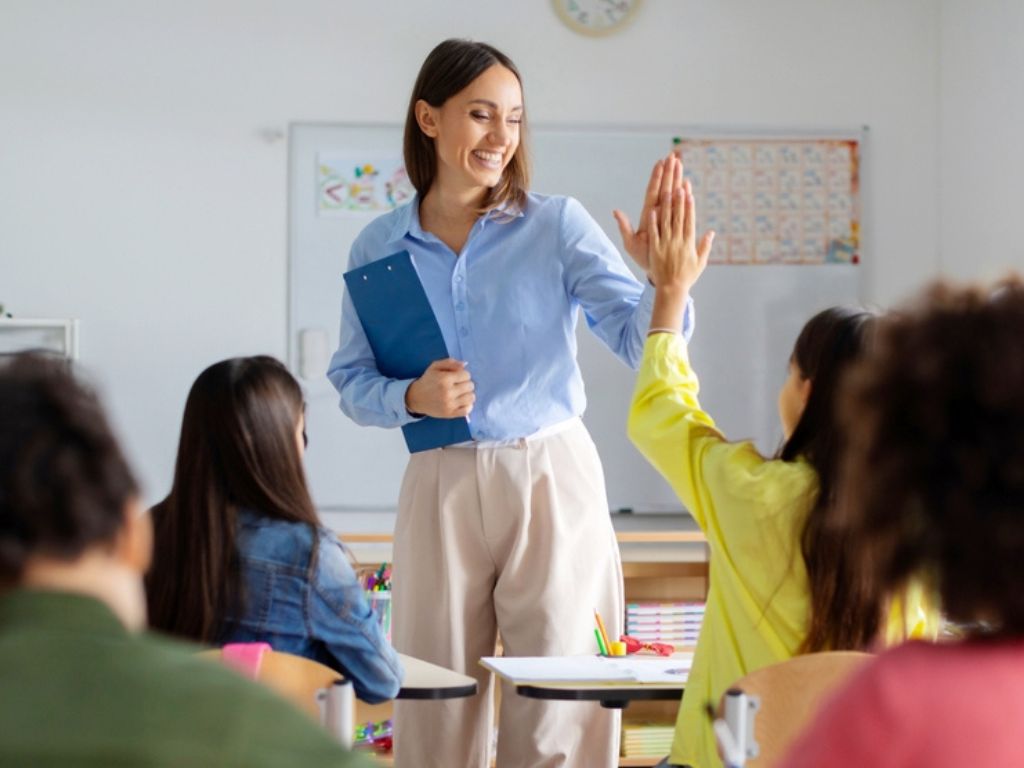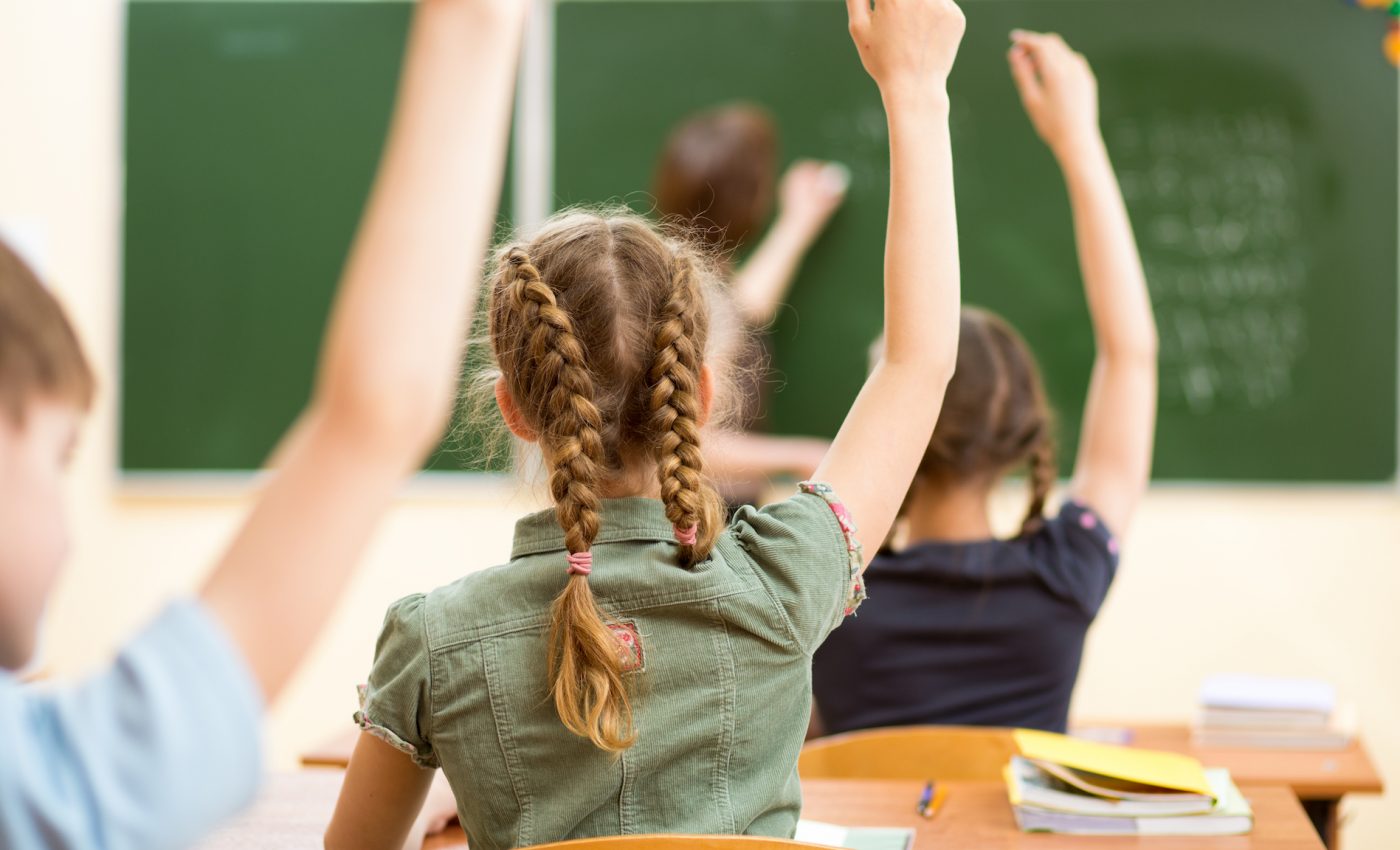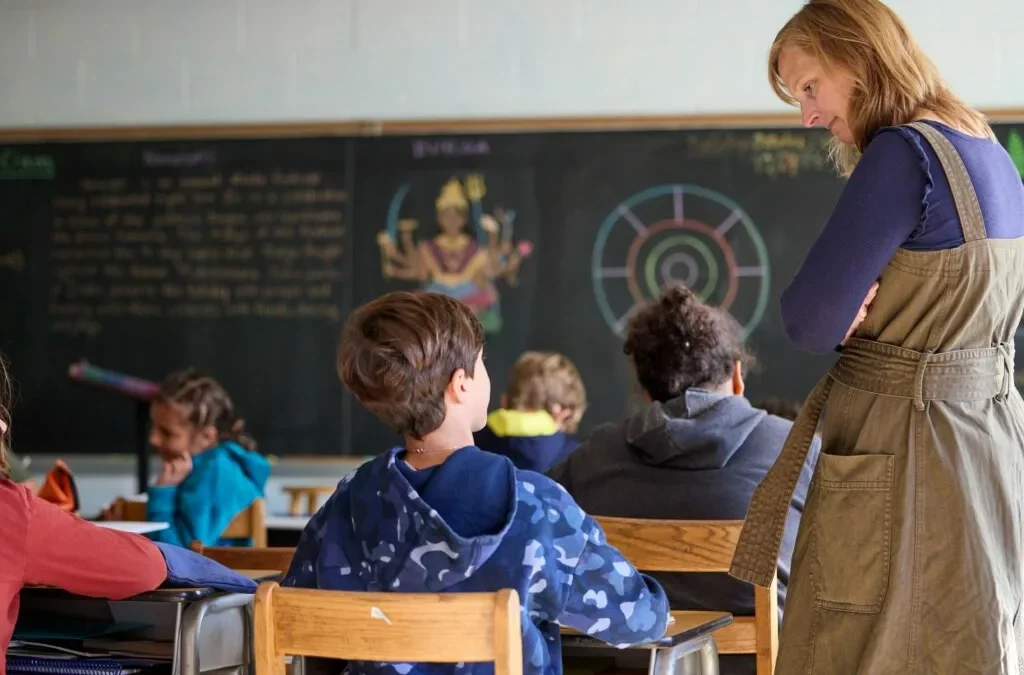When teachers grow professionally students achieve success through an ongoing cycle that improves both groups simultaneously. Educational growth among teachers creates positive classroom effects which lead to better student results. This paper investigates how educator development leads to better student results while showing their essential connection within educational systems.
Teacher Growth: The Foundation of Student Success
The continuous development of professional skill sets by educators constitutes teacher growth which leads to improved instructional techniques and broader educational competencies and increased teaching expertise. The educational expansion extends beyond new technique or technological acquisition because it establishes a perpetual learning and enhancement mindset among educators.
Teachers who participate in purposeful professional development programs learn to create stimulating instructional materials and develop heightened classroom command as well as adapt to different student requirements. Tactical enhancements allow teachers to establish classrooms that welcome all learners and boost their academic motivation and self-assurance for achieving success.
The Impact on Classroom Environment
The classroom space serves as the most visible location where teacher development creates its effects. Professional development helps educators develop abilities which enable them to establish learning-friendly educational spaces. These teachers master the art of behavior control and leverage technology to improve teaching quality and construct multi-dimensional instructional methods which accommodate diverse student learning needs.
A teacher with knowledge of differentiated instruction transforms classroom content into personalized lessons which provide the best possible learning conditions for every student. The tailored teaching method increases student interest and drive which results in better academic results.
Enhanced Instructional Practices
Educational progress of teachers results in improved teaching methods which create direct positive impacts on student learning outcomes. The educational proficiency of teachers who do professional development allows them to create lessons which address curriculum requirements while being challenging and relevant.
Teachers who completed project-based learning training are capable of creating lessons which foster critical thinking and collaborative experiences and creativity in their students. The combined effect of such tasks enables students to grasp educational concepts more deeply while teaching them valuable skills needed for real-world difficulties such as problem-solving alongside teamwork.
Building Strong Teacher-Student Relationships
Student achievement relies heavily on favorable interactions between teachers and their students. Educational professionals who continue their professional growth develop superior abilities in building positive relationships with their students. Educators who have Stanley Habus’ reflection experiences develop skills to communicate effectively together with providing beneficial feedback and demonstrating authentic student care.

The relationships cultivate classroom trust and student belonging essential for their personal and intellectual progression. Students who receive support and value from their teachers become more confident to risk-taking and question asking and fully participate in their learning activities. These principles apply to students of all ages and backgrounds ranging from an elementary school student to a young adult attending a vocational trade school.
The Practice of Developing Growth Mindsets within Students
Teachers who possess personal growth mindsets demonstrate better ability to teach students the same mindset. Academic abilities grow because students dedicate themselves wholeheartedly to develop their skills as opposed to accepting their abilities as unchangeable fixed attributes.
Educators who demonstrate and instruct students about growth mindsets enable learners to transform obstacles into developmental possibilities instead of ego-threatening situations. Through this mindset change students become capable of using failures for educational purposes while maintaining persistence and working toward ongoing improvement.
The Role of Feedback in Teacher Growth
Teacher growth depends heavily on feedback because this practice reveals both the skills educators excel at and the aspects they should develop further. Teachers who accept feedback from peers and mentors and students use this information to enhance their teaching methods.
The feedback process enables teachers to develop skills which help them give students high-quality feedback that supports learning development. Teachers provide effective guidance to students through detailed feedback which shows them their improvement needs and how to achieve better results.
Addressing Equity and Inclusion
Education needs teacher growth to effectively handle equity and inclusion matters in the classroom. Educators with expanded knowledge of student diversity requirements develop better abilities to construct learning environments which serve all learners.
Equity-focused professional development enables educators to learn-effective methods for recognizing bias and fighting prejudice as well as implementing diverse instructional perspectives and providing equal educational possibilities to all students. TopTradeSchools, an online resource for aspiring trade and vocational school students highlights institutions that focus on teacher and student diversity.
The Long-Term Impact on Student Outcomes

Teacher development leads to enduring effects on educational achievements because it shapes both academic progression and personal development of their students. Educational success under supportive teaching leads students to develop enduring learning passion after school ends.
The skills obtained by students in these learning spaces create readiness for achievements in higher education along with professional success. Educators develop students into adaptable resilient professionals through their focus on critical thinking alongside creativity along with collaboration which helps students succeed in the dynamic world.
Conclusion
The educational achievements of students experience significant positive impacts when teachers develop their professional capabilities. Educational development of teachers leads to classroom environments which become more exciting and supportive and welcoming to all students. The learning environment becomes stronger when teachers develop professionally thus students experience better academic results and emotional health and develop lasting interest in education.
Educational excellence requires essential teacher growth investments because they provide the foundation for success. Schools should establish initiatives that support teachers since these programs create a direct path to student achievement. A comprehensive educational strategy embracing teacher growth and student achievement will be critical in advancing future education which guarantees complete student potential fulfillment beyond 2025.


